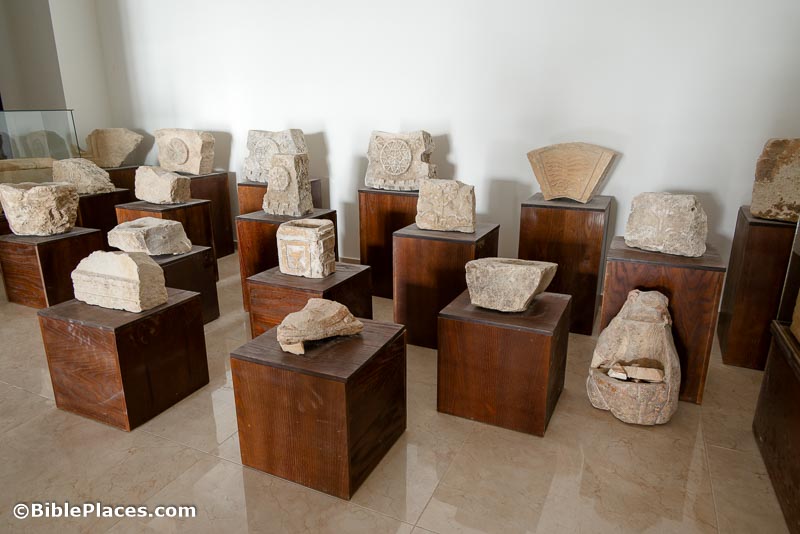Abigail Leavitt reports on her recent visits to Khirbet el-Maqatir and Mount Ebal (by the back road). On another day, she visited Gibeah, et-Tell, the “tomb of Rachel,” and Samaria/Sebaste.
Melanie Lidman writes a well-illustrated article about the Badè Museum of Biblical Archaeology’s online exhibition, “Unsilencing the Archives: The Laborers of the Tell en-Nasbeh Excavations (1926-1935).”
On the Biblical World podcast, Erica Ferg discusses the impact of geography on the religious history of the eastern Mediterranean world.
In the final episode of “Jesus in Galilee,” Brad Gray explains why Jesus chose to train his disciples in this area.
New release: What Can You Do with Your Bible Training?: Traditional and Nontraditional Vocational Paths, edited by Brandon C. Benziger and Adam W. Day. There are chapters on “Archaeology,” by Steven Ortiz, “Study-Tour Leading,” by Mark Wilson, and “Design and Illustration,” by Leen Ritmeyer.
New release: Ancient Egyptian Gold: Archaeology and Science in Jewellery (3500–1000 BC), edited by Maria F. Guerra, Marcos Martinón-Torres & Stephen Quirke (open access)
New release: The Amorites: A Political History of Mesopotamia in the Early Second Millennium BCE, by Nathan Wasserman and Yigal Bloch (Brill, $313)
Fritz Holznagel explains what Indiana Jones gets right and wrong about the Antikythera Mechanism.
Why have honeybees been depicted on coins for millennia? (Or, what exactly is the link between honey and money?)
Bryan Windle surveys the top three reports in biblical archaeology in the month of July.
Ferrell Jenkins shares a photo he took in 1969 of some cedars of Lebanon.
HT: Agade, Arne Halbakken, Explorator
The Samaritan Museum on Mount Gerizim recently opened the archaeological exhibit on their lower floor.
